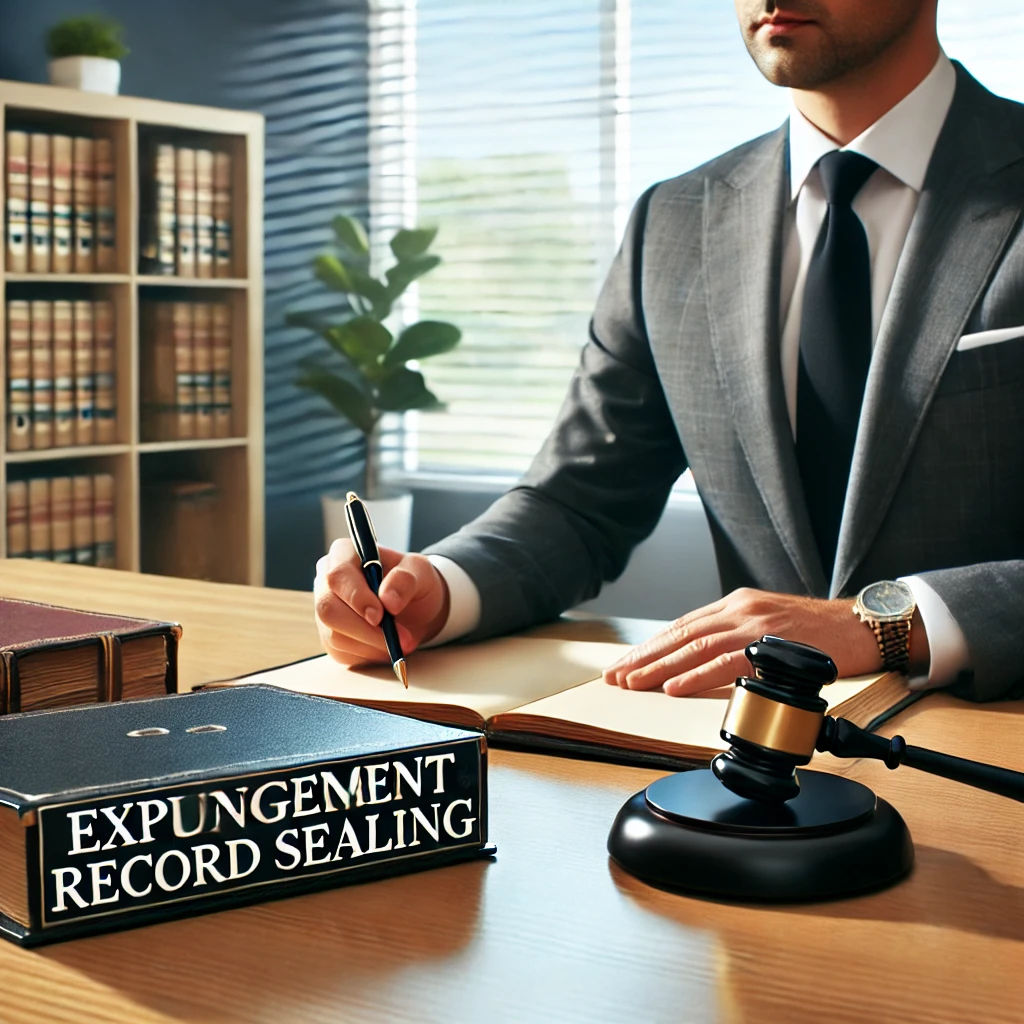Expungement of Arrest Records in Dallas | Clear Your Arrest Record with Expert Legal Help
Bilingual Legal Expertise. Se Habla Español.
Legal representation in Dallas for clearing arrest records. Protect your reputation and open new opportunities with professional guidance.
Clear your arrest record and move forward with confidence. Victoria Barr Law offers expert legal services to help you erase your criminal history.
Call Us: 214-799-3961
Expunge Your Arrest Record
Arrest records can follow you for life. Find out if you’re eligible for expungement and take the next step today.
Call Us Now: 214-799-3961Related Expungement and Record Sealing Services
Expungement of Arrest Records in Dallas
Having an arrest record can impact your ability to find employment, secure housing, or move forward in life. Texas law allows individuals to **expunge** their arrest records in certain situations, making it as if the arrest never occurred. Victoria Barr Law helps clients navigate the expungement process, ensuring their records are cleared whenever possible.What Is Expungement of Arrest Records?
- Expungement: The legal process of permanently removing an arrest record from public access.
- Legal Effect: Once expunged, the arrest no longer appears on background checks, and you are not required to disclose it.
- Eligibility Factors: Expungement is available to individuals who meet specific criteria, including dismissed charges and wrongful arrests.
Who Qualifies for Expungement in Texas?
- Dismissed Charges: If your case was dismissed and no charges were filed.
- Not Guilty Verdicts: If you were found not guilty at trial.
- Charges Without Indictment: If a grand jury did not indict you.
- Completed Pre-Trial Diversion: Successfully completing a pre-trial diversion program.
- Pardon: If you received a pardon from the governor or president.
Our Legal Process
- Assessing your eligibility for expungement during a consultation.
- Preparing and filing all necessary legal documents for expungement.
- Representing you in court if a hearing is required.
- Ensuring your record is legally removed and no longer accessible.
How to Start Your Expungement Process
- Schedule a Consultation: Discuss your eligibility with our experienced attorneys.
- File a Legal Petition: We prepare and submit all required legal documents.
- Attend a Court Hearing: If necessary, we represent you in front of a judge.
- Receive Your Expungement Order: Once approved, your arrest record will be erased.
Client Success Stories
“Victoria Barr Law helped me clear my arrest record after my charges were dismissed. Their legal team is knowledgeable and professional!” – Alex T.
“I thought my past would haunt me forever, but Victoria Barr Law got my record expunged. I can finally apply for jobs with confidence.” – Maria G.
Erase Your Arrest Record
Arrest records don’t have to define your future. Our Texas expungement attorney can help you clear your name.
Frequently asked questions about expungement of arrest records in Dallas
Expungement is a legal process that removes an arrest record, making it inaccessible to the public, employers, and most government agencies. Once expunged, it’s as if the arrest never happened.
You may qualify for expungement if your charges were dismissed, you were acquitted, your case resulted in a “not guilty” verdict, or you completed a pretrial diversion program.
Generally, convictions cannot be expunged. However, certain deferred adjudications may qualify for record sealing through an order of nondisclosure instead.
Expungement permanently deletes a record, while record sealing (nondisclosure) hides it from most background checks but allows certain government agencies to access it.
The process typically takes **3 to 6 months**, depending on court schedules, paperwork processing, and any challenges from the prosecution.
Expungement can improve your **employment opportunities, housing applications, and overall reputation** by removing your record from background checks.
While you can file on your own, hiring an **experienced expungement attorney** ensures the process is handled correctly, increasing the likelihood of success.
Yes, many **juvenile offenses** are eligible for expungement, especially if they were minor infractions or if the individual successfully completed a rehabilitation program.
If denied, you may **reapply after a waiting period** or pursue record sealing instead. An attorney can help determine the best course of action.
To begin, consult with a **criminal defense attorney**, gather required documents, and file a petition in the appropriate Texas court.


